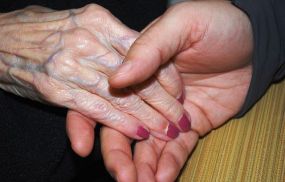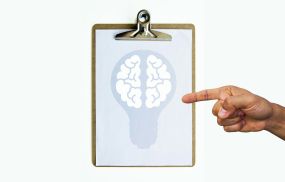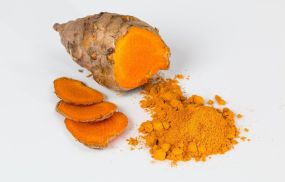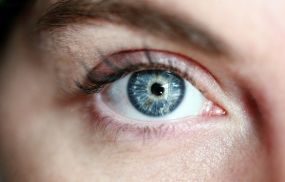Innovation Stories

Thermal Earring To Monitor Temperature: Experts Say It Could Also Track Ovulation And Stress
Researchers have developed smart earrings that could continuously monitor a person's earlobe temperature. The innovation known as Thermal Earring could also be potentially used to track signs of ovulation, stress, eating, and exercise. 
First Saliva-Based Pregnancy Tests: Everything To Know
Salistick detects pregnancy by identifying a hormone called human chorionic gonadotropin (hCG), which is present in the body of a pregnant person. 
AI Demonstrates High Accuracy In Diagnosing Mpox Using Skin Lesion Photos
AI could help hasten the diagnosis of new mpox cases. 
'Gene Silencing' Technology Offers Fresh Hope For Alzheimer's Patients
The genetic study showed promising results in "silencing" the genes that translate into tau protein, the primary component behind dementia. 
Cancer Diagnosis Through Urine Test: New Nanoparticle Sensors Can Help In Early Detection
Scientists have now come up with a new technology that involves cancer diagnosis through a simple urine test using a strip of paper, making diagnosis simple and affordable for people. 
Graphene Tattoo Could Help Maintain Healthy Heart Rhythm, New Study Finds
The graphene tattoo is a novel invention of nanotechnology that monitors vital health issues. 
Brain Cancer-Curing Gel Sees '100% Survival' In Mice, Offers New Hope For Humans
The gel was developed by combining an anti-cancer drug with an antibody in a solution. 
Scientists Develop Wearable Skin Patch To Painlessly Deliver Drug Through Skin; How Does It Work?
The wearable patch will propel drug molecules into the skin using ultrasound waves. 
Hair Go Grey With Age Due To 'Stuck' Stem Cells In Follicles, Study Says
"It is the loss of chameleon-like function in melanocyte stem cells that may be responsible for greying and loss of hair color," researchers say. 
Memory T-Cells Are Key To Fighting Salmonella, Study Reveals How
A new study showed memory T cells can speed up the immune response against salmonella. 
Researchers Develop AI-Powered App To Help Smokers Resist Tobacco Cravings
The app assists users in managing the triggers associated with the location to subdue their cigarette cravings. 
Purified Curcumin Can Improve Probiotic Yogurt's Health Benefits: Researchers
Curcumin has anti-microbial, anti-inflammatory, and immune-boosting effects. 
Scientists Build Artificial Kidney For Early Detection Of Drug Toxicity
When excessive drugs are administered, nephrons--the fundamental unit of kidneys--are the first to exhibit toxicity. 
'Fingerprints' In Brain Can Detect Early Warning Signs Of Alzheimer's Disease, Scientists Say
Researchers detected subtle differences in the way the brain functions in older people with preclinical Alzheimer's disease. 
eyeAge: New AI Tech Tracks Aging Through Retinal Scans
The new technology offers a non-invasive and inexpensive method of tracking human aging and the prognosis of eye diseases.



























